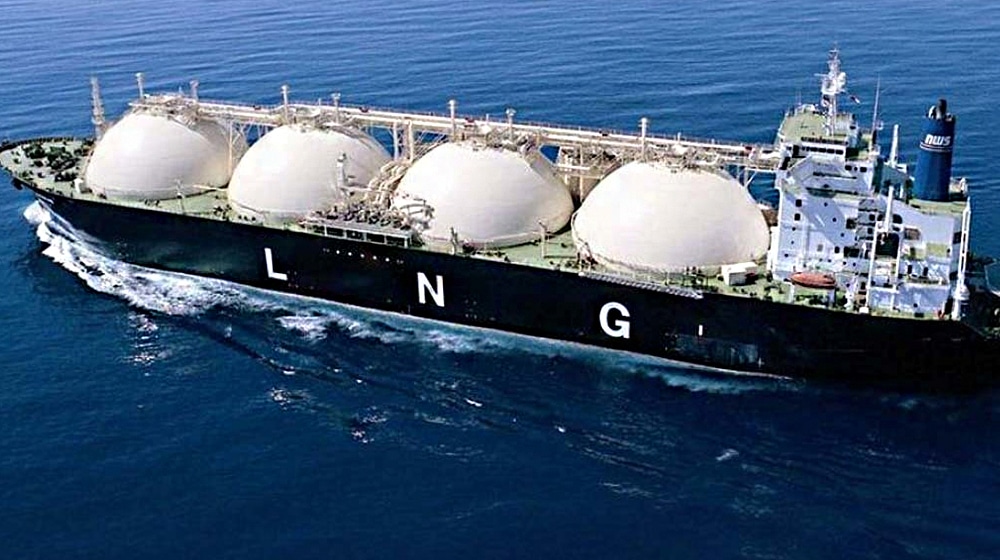The Competition Commission of Pakistan (CCP) has raised serious concerns over the monopoly of state opening businesses (SOE) in the country’s liquid natural gas (LNG) market, highlighting the private and regular obstacles to restrict the private part.
In a newly released research study, in the “competition in the LNG sector in Pakistan”, the CCP found that Pakistan LNG Limited (PLL) and Pakistan State Oil (PSO) LNG control the key aspects of imports, storage, and distribution. The report states that high capital between SAES, government backing, and market concentration prevents newcomers and restricts competition.
This study also identifies the growing circular loan of this sector, which RS. 2,866 billion by January 2024. The debt is attributed to the delay in tariff adjustment, the defective people of the sector, such as gas (UFG) losses, and in the winter months of domestic consumers to divert expensive RLNG.
According to the CCP, the decision -making process in the LNG sector is dominated by a close SOS like SSGCL and SNGPL, resulting in a priority of a non -transparent project that often supports incoming interests. The research further highlights that long -term contracts, priority subsidies, and government -backed financiers access to the potential private sector of access to the uneven field of sports.
Key challenges identified by the CCP include monopoly SOE dominance, banned licensing and tariff rules, access to limited infrastructure, and the implementation of third -party access (TPA) rules. The report also refers to these obstacles, referring to the hesitation of the private sector players to move beyond the project’s suggestions.
To solve these issues, the CCP has recommended several reforms, including establishing ‘One Sop Shop’ for LNG Import Clearance, implementing high -speed tracking TPA roll, and eliminating transmission and distribution of SUI companies. The Commission has also called for amendments to the Ogra Ordinance, 2002, to support these structural changes, highlighting international examples like Japan’s Gas Business Act (2015).
The CCP has concluded that implementation of these recommendations, reduce UFG losses and improve demand predictions, can significantly increase competitiveness and transparency in Pakistan’s LNG market.

